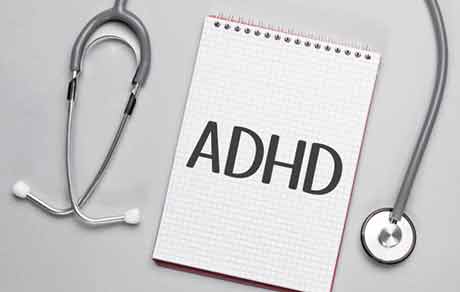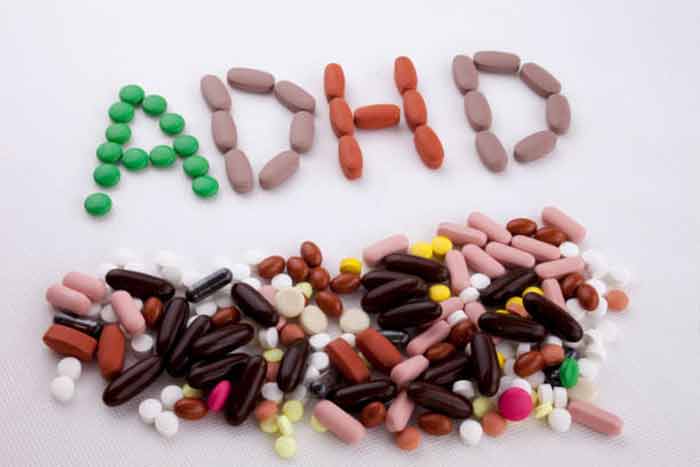People with ADHD can use this condition to help them focus and get started on large projects. However, they may have trouble starting and finishing big projects. To make the most of their talents, break the projects down into smaller tasks. This way, they can capitalize on their natural spontaneous nature. As a result, they can enjoy a more rewarding life and improve their organization skills. The benefits of ADHD treatment are not limited to those listed here.
Hyperfocus

While some people have problems with hyperfocus, it can actually be a positive benefit. For instance, a person with ADHD may be able to stay focused on a single task until it is finished. This trait can make it hard to remember a phone call or other important task. However, people who suffer from ADHD are more likely to benefit from hyperfocus. In the workplace, it is possible for an individual to focus until they complete a task.
Creativity
If your child or yourself has ADHD, you may have wondered what the potential benefits of having ADHD are. One benefit of ADHD is increased creativity. According to research by Banafsheh Aliabadi, the author of the ADHD Creativity Study, people with ADHD are often more creative than children without the disorder. But the benefits of ADHD are not necessarily limited to creativity. It also improves your child’s performance in school.
Self-reliance
There is a wide range of evidence supporting the benefits of self-reliance for children with ADHD, including research on the development of positive psychology. Emerson’s essay Self-Reliance introduced the concept to the world, and it has strong theoretical significance. The implications are far-reaching, ranging from happiness to self-worth and self-expression. The concept is closely linked to individualism, which is the belief that an individual is better suited to a specific task than their peers.
Improved organization
People with ADHD may find it difficult to organize themselves. Managing their money may be difficult, and they may make impulse purchases. To improve organization, kids with ADHD should learn how to keep track of their spending. They should also know exactly how much they spend each month. People with ADHD often forget appointments, deadlines, medications, and other responsibilities. To keep on top of these things, try setting up reminders on your computer, smartphone, or voice mail.
Lower risk of bipolar disorder
Researchers have found a strong association between attention-deficit/hyperactivity disorder (ADHD) and bipolar disorder, and suggest that the two conditions may be aetiologically distinct. The study used longitudinal Swedish national registers to link 61 187 patients with ADHD, their first and second-degree relatives, and a control group without ADHD. The researchers analyzed this data using conditional logistic regression to determine whether people with ADHD had a lower risk of bipolar disorder, Check out the post right here.
Less trouble with relationships
Having ADHD often means that your partner has difficulty maintaining satisfying relationships. If you’re not listening to your partner, you may have trouble focusing or planning activities. Inattention and poor time management can lead you to forget social plans or run errands. Impulsive behavior and financial decisions can also cause tension in relationships. If you’re concerned about your partner’s behavior, try to understand ADHD symptoms and ways to deal with them.
Treatment options
In childhood, children with ADHD may be prescribed stimulants for a variety of behavioral problems. Children who are a bit older may also be prescribed ADHD medications that act as a short-term fix for the condition. Stimulants, a class of drugs that is used to treat attention-deficit hyperactivity disorder, are also helpful for teenagers. But these medications may not be appropriate for all children. For those who are not sure whether they would be appropriate for their child, doctors recommend that parents first discuss the treatment options with a medical professional.
